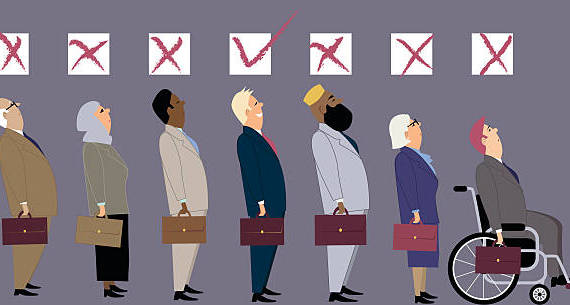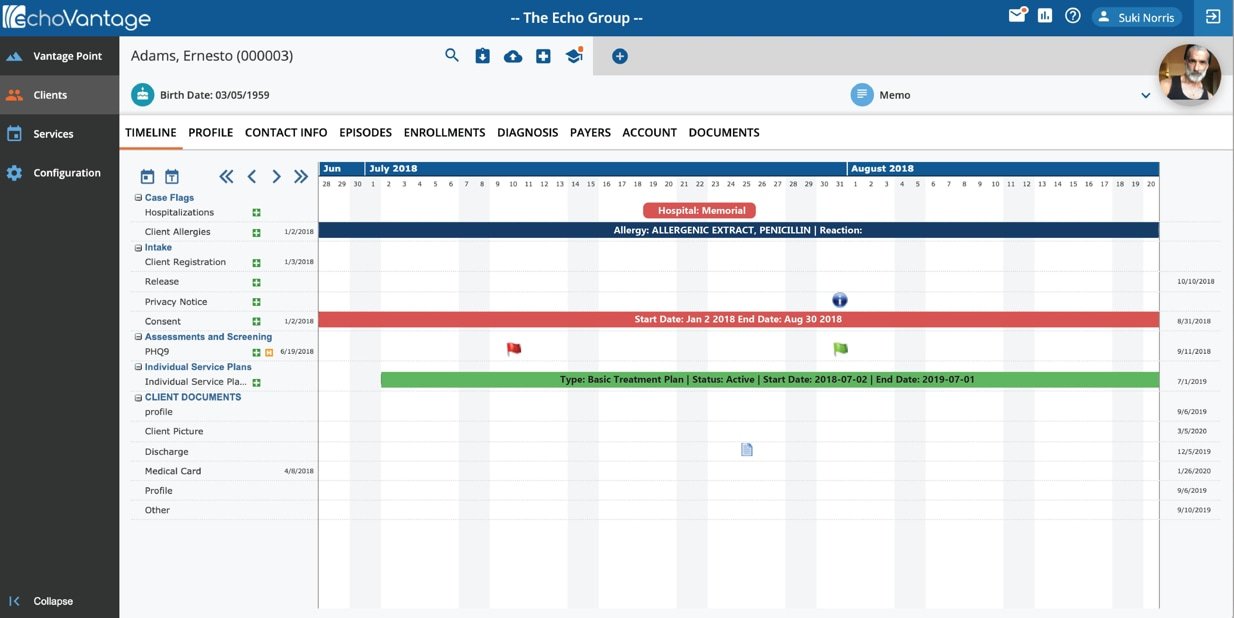Civic Participation—The Key To Good Health
The Social Determinants of Health design identifies the elements needed to have our best health. Civic participation is an essential element to strong Social constructs and Community. In this article, we look at the linkage between civic participation and health.
Mahatma Gandhi said, “You must be the change you wish to see in the world.” Winston Churchill said, “We make a living by what we get, but we make a life by what we give.” Both men showed an understanding of civic participation as an element of success.
Civic Participation Defined
Civic participation defines involvement. Involvement takes many forms, from individual volunteering to religious attendance. Last week I wrote about Social Cohesion. Civic participation is an extension of social cohesion. Rather than focusing on the individual relationship, civic participation looks at the individual as a group member.
Civic engagement includes trusting others, membership in a group, religious attendance, union membership, reading a newspaper, voting, being contacted by a political party, volunteering, participating in a community project, or attending a club meeting. We will focus on three included definitions: volunteering, involvement in an organization, and voting.
Value in Volunteering
A couple of weeks ago, I wrote about loneliness; volunteering is an antidote that improves your mental health. Volunteering makes the volunteer feel as if they belong and work toward a common good. As Maya Angelou wrote, “I have found that among its other benefits, giving liberates the soul of the giver.” Perhaps it is the liberation of the volunteer’s soul that improves their mental health.
Volunteering has a positive impact on your health. Studies have shown that volunteers have a lower hypertension risk. In studies of geriatrics, researchers determined that volunteering is associated with a lower risk of cognitive impairment. While the benefits are clear, the challenge is that age, gender, race, and socioeconomic status may limit the ability or willingness to volunteer.
Organization Involvement
Individuals participating in at least one organization are less likely to report mental illness or health problems. One of the most valuable organizations promoting civic engagement is the parent-teacher association (PTA), as it brings parent involvement into their child’s school. Unfortunately, participation in the PTA has dropped over 40% since 1964.
A significant organizing success is community gardening. Community gardens to support civic participation have a long history. Community gardens promote good nutrition and physical activity within neighborhoods. One study found that community gardeners eat more vegetables and less sweet foods than non-gardeners.
Community gardens empower people by improving their neighborhood and making the gardeners a part of a valued group. Unfortunately, community gardens often are challenged by building needs and lack of industry support.
Despite challenges, the community garden is the perfect partner to civic participation in its value to the gardeners and the community.
Value of Voting
Voting improves health for those who vote, and poor participation harms health. Americans’ direct engagement in voting has diminished over the years despite the health advantages. The value of voting is the underlying civic participation which is the link to better health. There is a direct relationship between socioeconomic inequality and political participation, with the lowest voting percentages equated to the poorest health.
In reviewing the importance of voting, there are a few common findings, health and voting are related, health conditions affect voting patterns, and poor health hampers participation. The conundrum is that youth empowerment to increase voting puts the political leaders who want to control the political process at risk.
How Do We Improve Civic Participation
Improving civic participation has to begin early and continue through adolescence and young adult. Positive lessons will improve civil engagement and reduce the chance adolescents participate in risky behaviors as they age. Greater civic participation is related to a college education; by bringing civic engagement lessons into k-12 schools, you may develop civic participation with kids who do not attend college.
Youth today use the internet for information and civic participation. Many students have increased media knowledge and news analysis skills. The question is not whether the internet will influence civil participation; but, will we learn how best to use the internet to support civil engagement.
Final Thoughts
Our challenge is to understand the relationship between technology and civil participation and add technology to our toolbelt as we address civil participation. We should welcome civic participation from any, understanding that It may change the current course to one we have yet to imagine.



